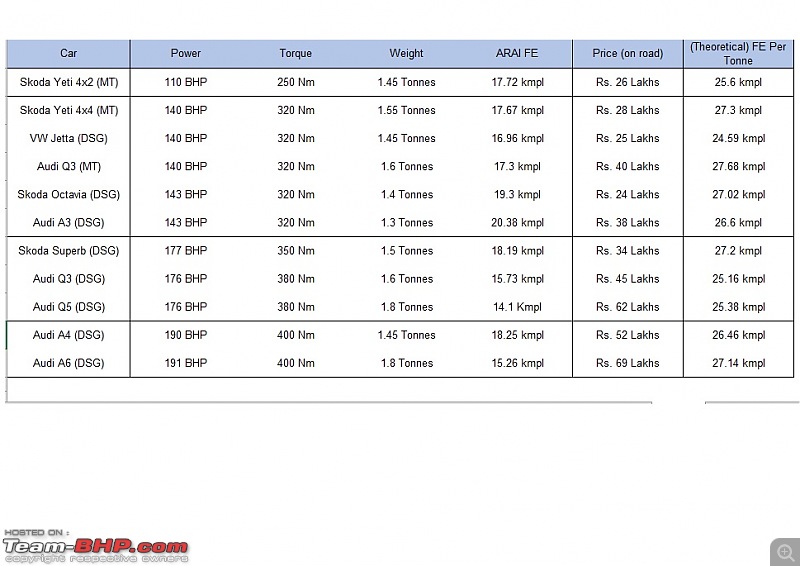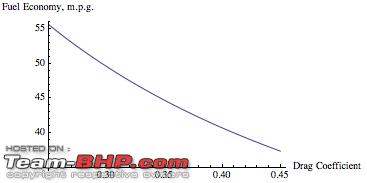| | #1 |
| Team-BHP Support  | |
| |  (44)
Thanks (44)
Thanks
|
| |
| | #2 |
| Distinguished - BHPian  | |
| |  (3)
Thanks (3)
Thanks
|
| | #3 |
| BHPian Join Date: Nov 2008 Location: Bangalore
Posts: 979
Thanked: 4,820 Times
| |
| |  (11)
Thanks (11)
Thanks
|
| | #4 |
| Team-BHP Support  | |
| |  (4)
Thanks (4)
Thanks
|
| | #5 |
| Distinguished - BHPian  | |
| |  (5)
Thanks (5)
Thanks
|
| | #6 |
| Senior - BHPian | |
| |  (19)
Thanks (19)
Thanks
|
| | #7 |
| Distinguished - BHPian  | |
| |  (5)
Thanks (5)
Thanks
|
| | #8 |
| Senior - BHPian Join Date: Oct 2010 Location: Bangalore
Posts: 1,813
Thanked: 5,876 Times
| |
| |  (2)
Thanks (2)
Thanks
|
| | #9 |
| Senior - BHPian | |
| |  (4)
Thanks (4)
Thanks
|
| | #10 |
| BANNED Join Date: Mar 2011 Location: hump city
Posts: 1,293
Thanked: 5,886 Times
| |
| |  (2)
Thanks (2)
Thanks
|
| | #11 |
| Newbie Join Date: Nov 2015 Location: Goa
Posts: 19
Thanked: 35 Times
| |
| |  (1)
Thanks (1)
Thanks
|
| |
| | #12 |
| Distinguished - BHPian  | |
| |  (1)
Thanks (1)
Thanks
|
| | #13 |
| Distinguished - BHPian  | |
| |  (3)
Thanks (3)
Thanks
|
| | #14 |
| BHPian Join Date: Apr 2013 Location: Mumbai
Posts: 419
Thanked: 1,714 Times
| |
| |  (5)
Thanks (5)
Thanks
|
| | #15 |
| BHPian Join Date: Jun 2012 Location: Hyderabad
Posts: 592
Thanked: 1,384 Times
| |
| |  (2)
Thanks (2)
Thanks
|
 |
Most Viewed




 ), the same engine in different states of tune offers roughly the same Fuel Economy (in a theoretical 1 tonne car) -> 25 to 27 kmpl.
), the same engine in different states of tune offers roughly the same Fuel Economy (in a theoretical 1 tonne car) -> 25 to 27 kmpl.

 .
.
